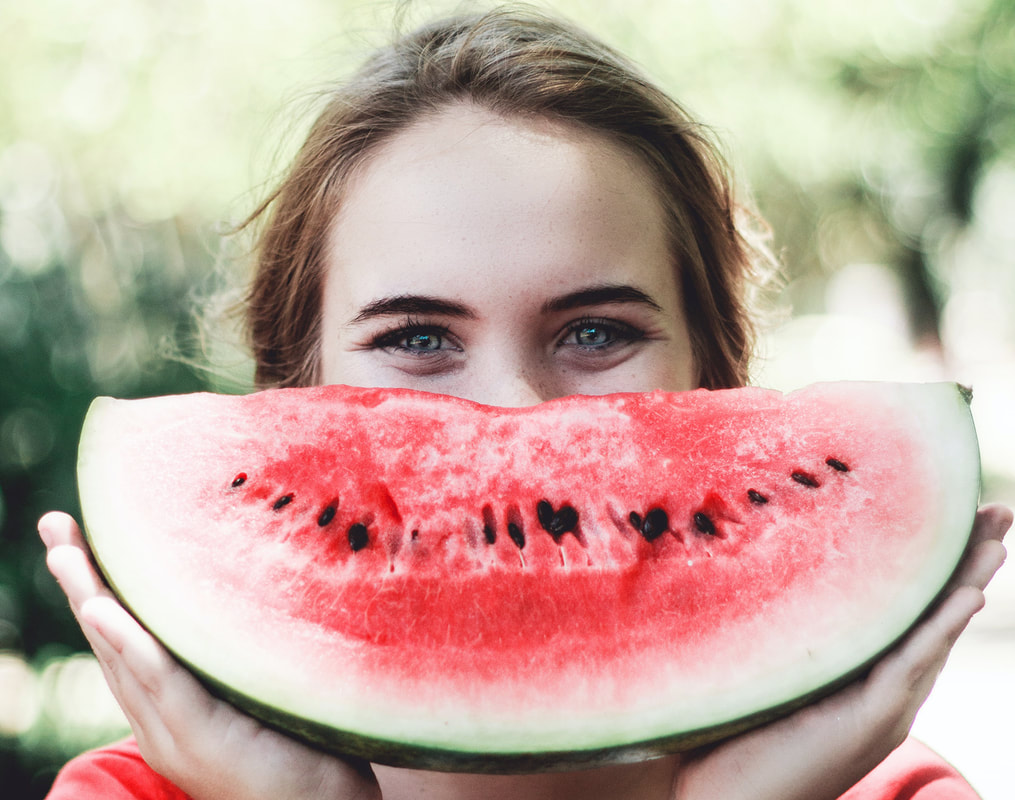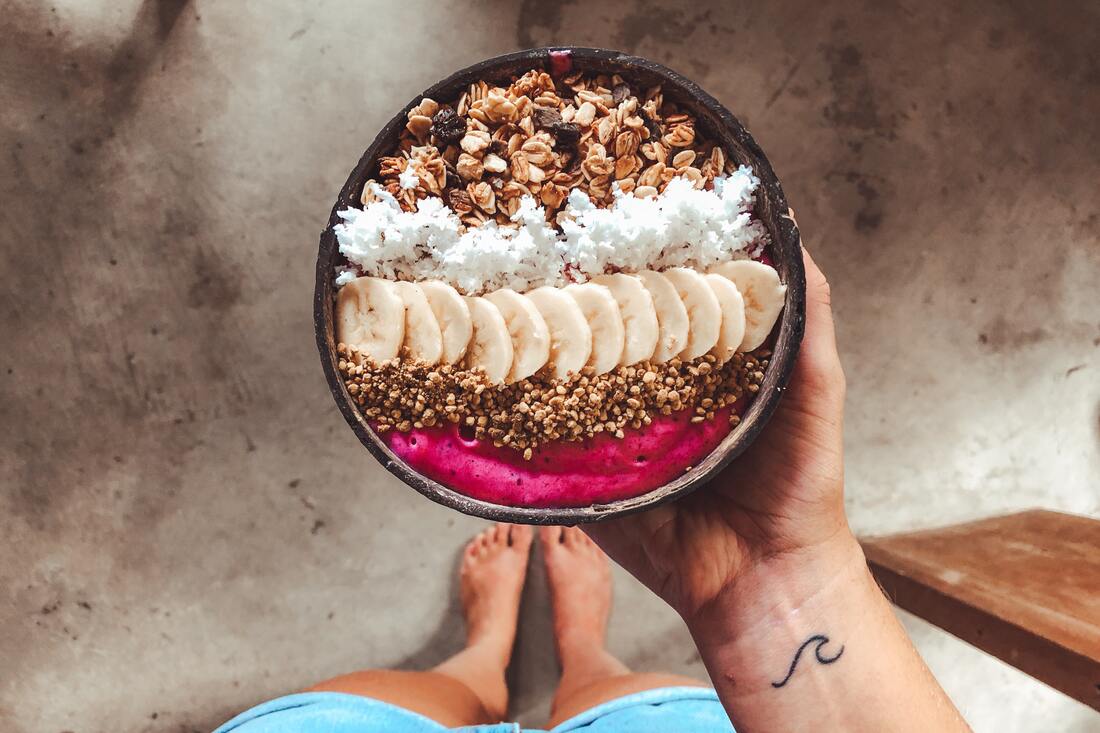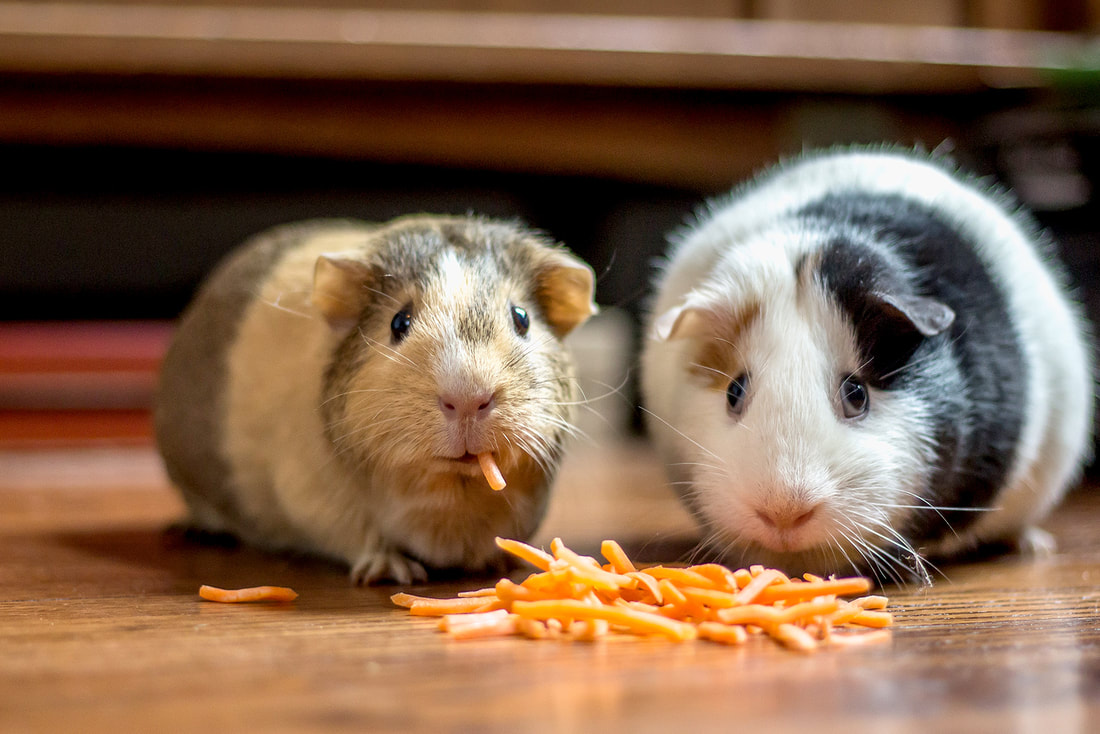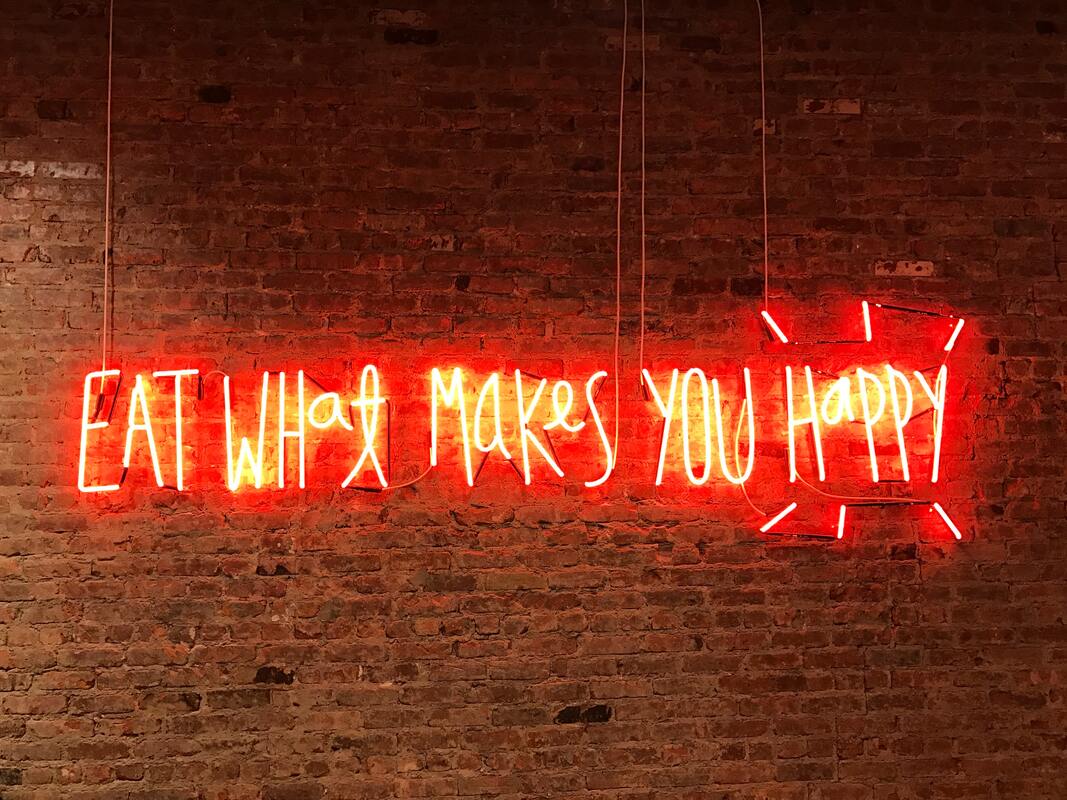|
We all know that eating healthy foods can improve physical health. Now, new research is showing that specific dietary choices can also directly contribute to better mental health. This discovery has led to a whole new field of medicine called “nutritional psychiatry.” What Is Nutritional Psychiatry? Dr. Uma Naidoo is the pioneering leader of this newly recognized field. A Harvard trained psychiatrist who went on to become a professional chef and nutrition specialist, she currently acts as the Director of Nutritional and Lifestyle Psychiatry at Massachusetts General Hospital and serves on the faculty at Harvard Medical School. According to Dr. Naidoo, nutritional psychiatry “offers clinical guidelines, based on nutrition science and evidence-based research for the use of whole foods and nutrients to improve mental well being.” While doctors have talked with their patients for years about how to eat healthy to control cholesterol or hypertension, that connection hasn’t been made between nutrition and mental health. Dr. Naidoo hopes to change that. She notes that there are limitations to nutritional psychiatry though. Acute issues should still be handled by your doctor or local hospital, therapy is still important, and psychotropic medications are still effective and often necessary. But these aren’t the only tools in the toolkit for feeling better anymore. “We’re not replacing medication or other forms of therapy which are important, but rather enhancing a way to offer broader options to improve mental well being. It’s really about absorbing really good elements of nutrition that could help you alongside everything else that you’re doing,” says Dr. Naidoo. Why We Need Nutritional Psychiatry A 2015 study showed that only 50% to 60% of people with anxiety respond to medication or psychotherapy, and only about a quarter of patients have their anxiety symptoms completely resolved. While current medical and psychological interventions are certainly beneficial, they’re not seeing the success rates most of us would like. So why not add nutrition as an additional strategy to fortify mental health? In addition, according to the World Health Organization, people with severe mental disorders tend to die 10-25 years sooner than the general population. The vast majority of these deaths are due to chronic physical medical conditions such as cardiovascular disease, diabetes and hypertension - conditions that can all improve with consumption of certain foods and nutrients. How Anxiety Can Start in the Gut Dr. Naidoo was referred a patient who had been suffering from significant discomfort in her gut as well as newly onset anxiety. She and her gastroenterologist felt that she may need medication to manage her anxiety. After taking an extensive history, Dr. Naidoo found that the patient had received a promotion at work 18 months prior. This new position required a lot of travel, which meant that she was eating out far more than usual and often eating unhealthy snacks late at night from hotel mini bars. Her diet had changed significantly, which had impacted her gut over time. After consulting with the patient’s gastroenterologist, Dr. Naidoo helped the patient work on her diet slowly and steadily. As they began to heal her gut imbalance, both her anxiety symptoms and gastrointestinal symptoms began to improve. It turned out that she was able to function without anxiety medication. Dr. Naidoo notes that while we understand how certain psychiatric illnesses develop, sometimes there’s more to the story. She believes that using a holistic model of care to look at the whole person, including how lifestyle might impact mental well being, is a more functional approach. The Gut-Brain Connection You’ve probably heard of serotonin, the “happiness hormone” that’s targeted in people suffering from depression by SSRI medications. But did you know that the gut contains more than 90% of the body’s serotonin receptors? The gut and brain are connected anatomically, physiologically and biochemically. That means the gut can directly impact the brain in multiple ways - through food, nutrients, chemicals and more. One way the gut and brain are connected is by the vagus nerve, a two-way superhighway of electrical and chemical signals that flows continuously back and forth between bacteria in the gut and the brain stem. With over 39 trillion bacteria residing in the average human gut, there’s bound to be a lot of communication going on between them. All this means scientists are now calling the gut the “second brain.” Clearly a change in diet will have some impact on the ways in which neurochemicals are transmitted between the gut and brain. Inflammation and Diet Inflammation is a protective mechanism employed by the immune system to protect the body from something such as an infection or illness. While that’s a good thing in small doses, chronic inflammation can cause diseases including heart disease, diabetes, cancer, arthritis, Crohn's disease and ulcerative colitis. While there’s no evidence that a specific type of diet can prevent chronic inflammation, studies have shown that certain foods are associated with either promoting or inhibiting the inflammatory response. That means a change in diet can bring the good and bad bacteria within the gut into balance or knock them out of balance. The effect starts pretty quickly, too. In fact, the foods you eat can begin to impact gut microbes within 24 hours. You won’t feel the effects immediately, but your mind and body will notice the difference down the road. What to Eat for Better Mental Health Famous chef Julia Child once said, “The only time to eat diet food is while you're waiting for the steak to cook." Who can argue with that? Dr. Naidoo doesn’t use the word “diet” with her patients because, “psychologically speaking, if I say that to my patients, they feel they have to give something up.” Instead she talks about foods patients can add into their diets rather than take away.
So where do you start? Here are a few tips from Dr. Naidoo:
Start by adding just one or two healthy foods to your daily diet. A vegetable, a fruit, maybe a cup of green tea. Then try substituting something healthy for something not so healthy. Maybe buy a rotisserie chicken for the family instead of a pile of chicken nuggets. Or try switching out ice cream for yogurt and berries (and maybe some dark chocolate). Don’t Take Things Too Seriously If all this fancy food is too rich for your bank account or simply isn’t available in your area, don’t fret. Healthy eating can include things like frozen fruit and vegetables. Look for those that don’t have added sodium, syrup or sugar. They don’t have to be organic or fair trade or blessed by unicorns or anything like that. You can also buy large bags of beans and legumes. These are pretty inexpensive and have a lot of good nutrients. Canned options can be good as well, whether it’s canned vegetables or canned fish. Old school canned tuna fish is a great source of omega 3s. And if you’ve been eating the standard American diet of freedom fries and Coca-cola your whole life, don’t feel like you have to make all these changes overnight. Literally no human has ever gone from eating fast food all the time to eating healthy salads and carrot sticks all day. Slow and steady wins the race, friend. The most important thing is that you love and enjoy the foods you eat. It isn’t just about nutritional values or antioxidants or gut biomes or whatever. As Dr. Naiboo says, “It’s about enjoying what we eat, enjoying who we eat with… always remember there's much joy in how we eat.”
10 Comments
|
AuthorWrite something about yourself. No need to be fancy, just an overview. Archives
June 2024
Categories |






 RSS Feed
RSS Feed
